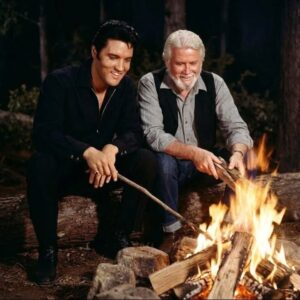Melania Trump’s path to the United States began like many others: with a dream, a suitcase, and a visa application. Arriving as a young model from Slovenia, she worked her way into America’s fashion scene before eventually marrying Donald Trump and stepping into the global spotlight as First Lady of the United States.
But now, more than two decades later, the story of how Melania obtained legal residency in the U.S. is back in the headlines—and it’s raising sharp questions about immigration, fairness, and political double standards.
At the center of the controversy is the visa Melania received in 2001: the EB-1, commonly referred to as the “Einstein visa.” It’s a highly selective category designed for individuals with extraordinary ability in the arts, sciences, business, or athletics.
Now, critics are asking: Did Melania Trump really meet the standards required for that visa? And if not, why wasn’t her case ever questioned—especially by those pushing for tighter immigration restrictions today?
What Is the “Einstein Visa,” and Who Qualifies?
The EB-1 visa is one of the most prestigious immigration pathways available in the U.S. It’s reserved for individuals with “extraordinary ability”—those who are at the top of their field. U.S. Citizenship and Immigration Services (USCIS) cites examples such as:





